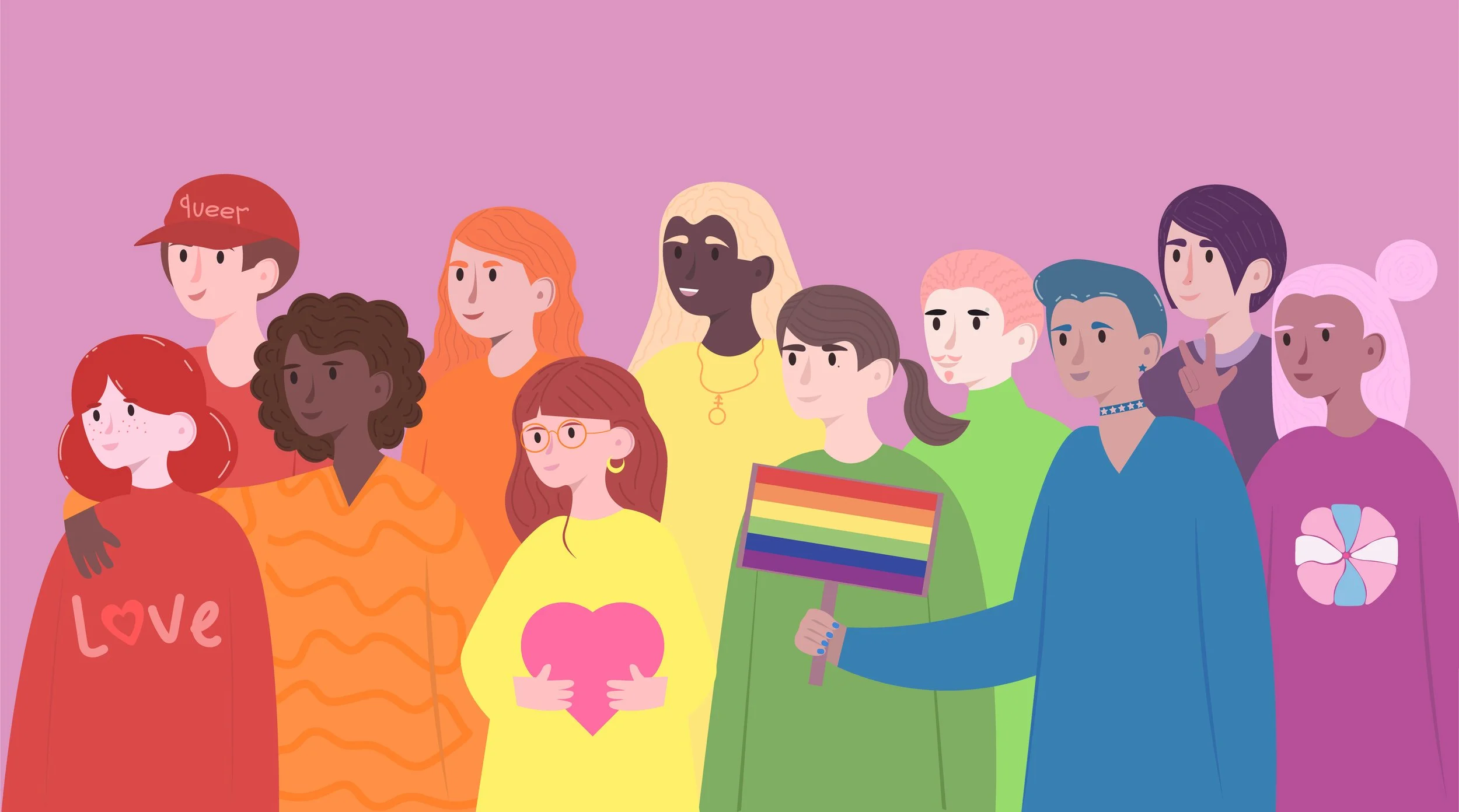Beyond Visibility: Supporting Trans Youth Every Day
Trans Day of Visibility (TDOV) celebrates trans and nonbinary people who live authentically and inspire others to do the same. But visibility alone isn’t enough. For trans youth to truly thrive, they need safe spaces, affirming resources, and supportive communities that empower them beyond being seen. This TDOV, we invite you to go beyond recognition and take action to support trans youth in meaningful ways.
Honoring LGBTQIA+ Women Who Changed History
The stories of LGBTQIA+ women have often been erased from history, but their impact is undeniable. From fighting for civil rights to breaking barriers in art, politics, and science, these women paved the way for future generations. Their courage and achievements prove that you, too, have the power to change the world.
Explore the stories of influential LGBTQIA+ women who made history and let their legacies inspire you to dream boldly, live authentically, and make a difference.
The Intersection of Race and Queerness in Advocacy: Supporting Black LGBTQIA+ Youth
This Black History Month, we highlight the unique struggles and triumphs of Black LGBTQIA+ youth, emphasizing the importance of intersectional advocacy and support for their mental health, safety, and empowerment.
New Year, New You: Embracing Authenticity and Self-Discovery in 2025 for LGBTQIA+ Youth
As we welcome 2025, it’s the perfect time to focus on living authentically. For LGBTQIA+ youth, self-discovery can be both empowering and challenging, but it’s a vital part of personal growth. In this post, we explore why embracing your true identity is so important, and provide steps to help you on your journey toward self-expression, mental health, and confidence. Learn how to navigate your path to authenticity and discover the resources available to support you.
Holiday Prep: Navigating the Season as an LGBTQIA+ Youth or Ally
The holiday season can bring both joy and challenges, especially for LGBTQIA+ youth and their allies. Discover tips for creating affirming spaces, supporting loved ones, and showing compassion during this time of year.





